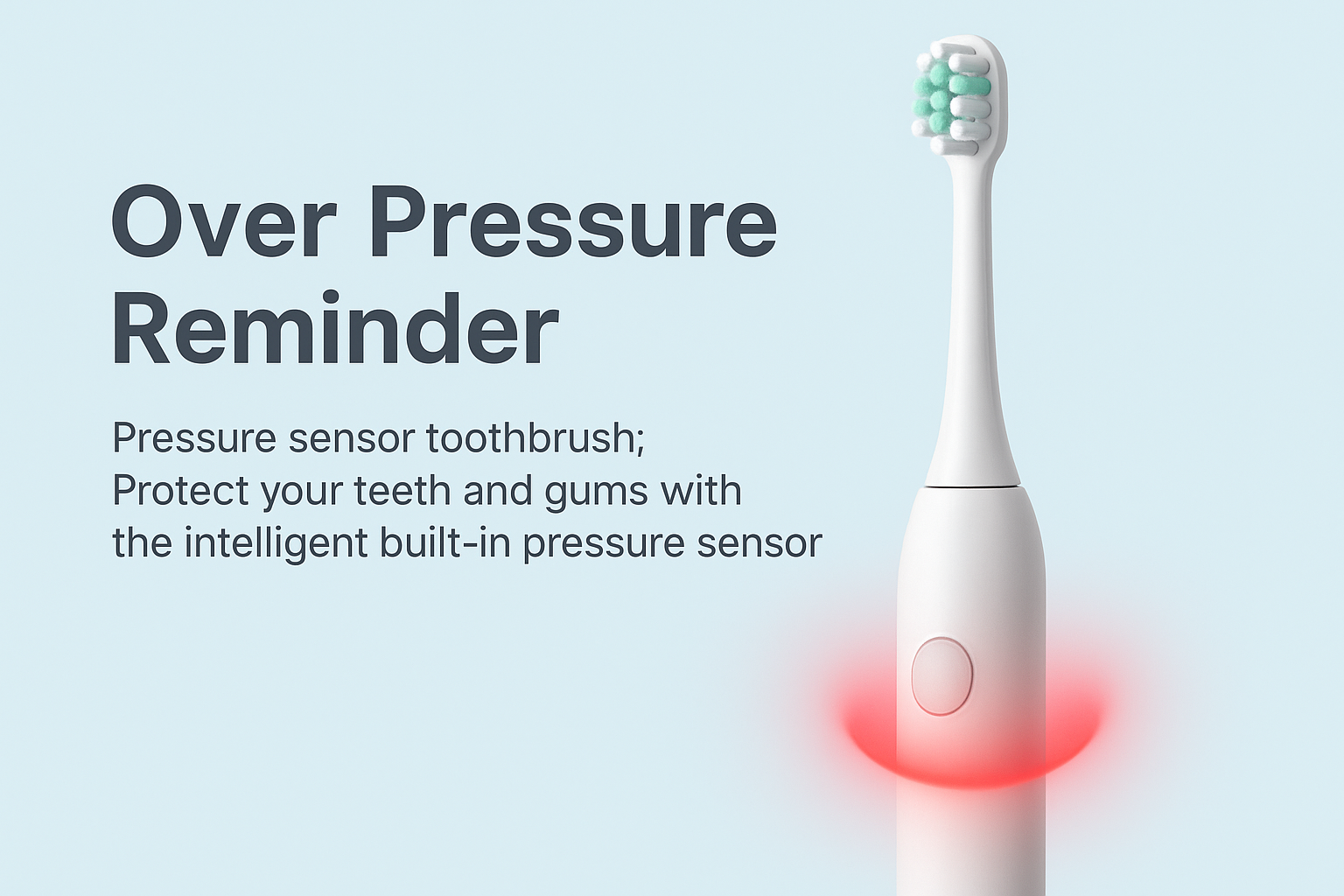In today’s smart personal care devices, features like the travel lock are designed to enhance user safety and convenience. However, recent engineering reports and field failures have exposed a surprising vulnerability: travel lock failure may inadvertently trigger a power surge, leading to electronic malfunctions, battery degradation, or even fire hazards. For B2B manufacturers, this risk demands urgent attention—not only to uphold product reliability but also to maintain compliance and market trust.
The travel lock is a safety function built into electric toothbrushes and grooming devices to prevent accidental activation during transport. It’s typically engaged by holding a button for a few seconds, disabling the power function until manually released.
However, when poorly implemented or damaged during manufacturing or transit, this lock can fail—causing the device to activate unexpectedly while packed in a confined space, such as luggage.
Unexpected activation of a device inside a sealed environment causes the motor to run without ventilation or resistance, potentially leading to:
This excessive, irregular power consumption can result in a power surge, particularly during charging cycles or when smart chips attempt to auto-correct.
B2B stakeholders should be aware of several field situations where travel lock failure combined with power surge events have resulted in:
These cases underline why both hardware and software safeguards must be redundantly engineered.Company web:https://www.powsmart.com/product/electric-toothbrush/
Common technical faults leading to travel lock failure include:
Especially in devices relying on capacitive sensors, environmental pressure during travel may mimic unlock gestures, nullifying the lock altogether.
To address both travel lock and power surge risks at the root, manufacturers should:
All of these approaches contribute to higher product reliability and safer international transport.
For enterprise buyers and distributors, this issue touches on more than engineering. Devices that suffer from lock or surge failures can:
That’s why proactive risk mitigation during product development—and clear communication in training materials—is essential.
The connection between travel lock failure and power surge is often underestimated until damage is done. For B2B manufacturers and suppliers, addressing this silent hazard through smarter design and robust testing is both a safety imperative and a competitive advantage. In a market where every safety detail matters, refining even the smallest mechanisms can deliver long-term loyalty and lower operational risks.
-1-scaled.png)
.jpg)
.jpg)
Does Motor Corrosion Cause App Connectivity Failures?

Why use Quad-brush Synchronization with Vortex Chamber Technology in advanced flossers?

Can a Gingival Sulcus Cleaner integrate a Thermochromic Indicator for safety monitoring?
.jpg)
Dental-Grade Whitening Kit | Professional-Level Home Whitening

How does Cavitation Cleaning Technology affect Hue Saturation Lightness measurements in whitening?

Beyond Aesthetics: How Integrated Design Elevates Your OEM Electric Toothbrush
.jpg)
Developing an Electric Toothbrush Sourcing Strategy?

Is Kids’ Electric Brushing Really Safe?
.jpg)
Custom Electric Toothbrush Factory for B2B Brands | OEM & ODM Solutions
.jpg)
Hose Cracks Causing Water Pressure Instability?
.jpg)
Are Child safety Electric Toothbrushes Made from Materials?

Electric Toothbrush Head Customization Solution and Range

Are Electric Toothbrush Heads Universal?

Does the 40000 Strokes/Min Sonic Brush Trigger Gum Recession?
.jpg)
Jet Stream Water Flosser – High-Pressure Oral Irrigator
.jpg)
Why combine Micro Bubble Technology with Colorimeter Calibration for accurate whitening?